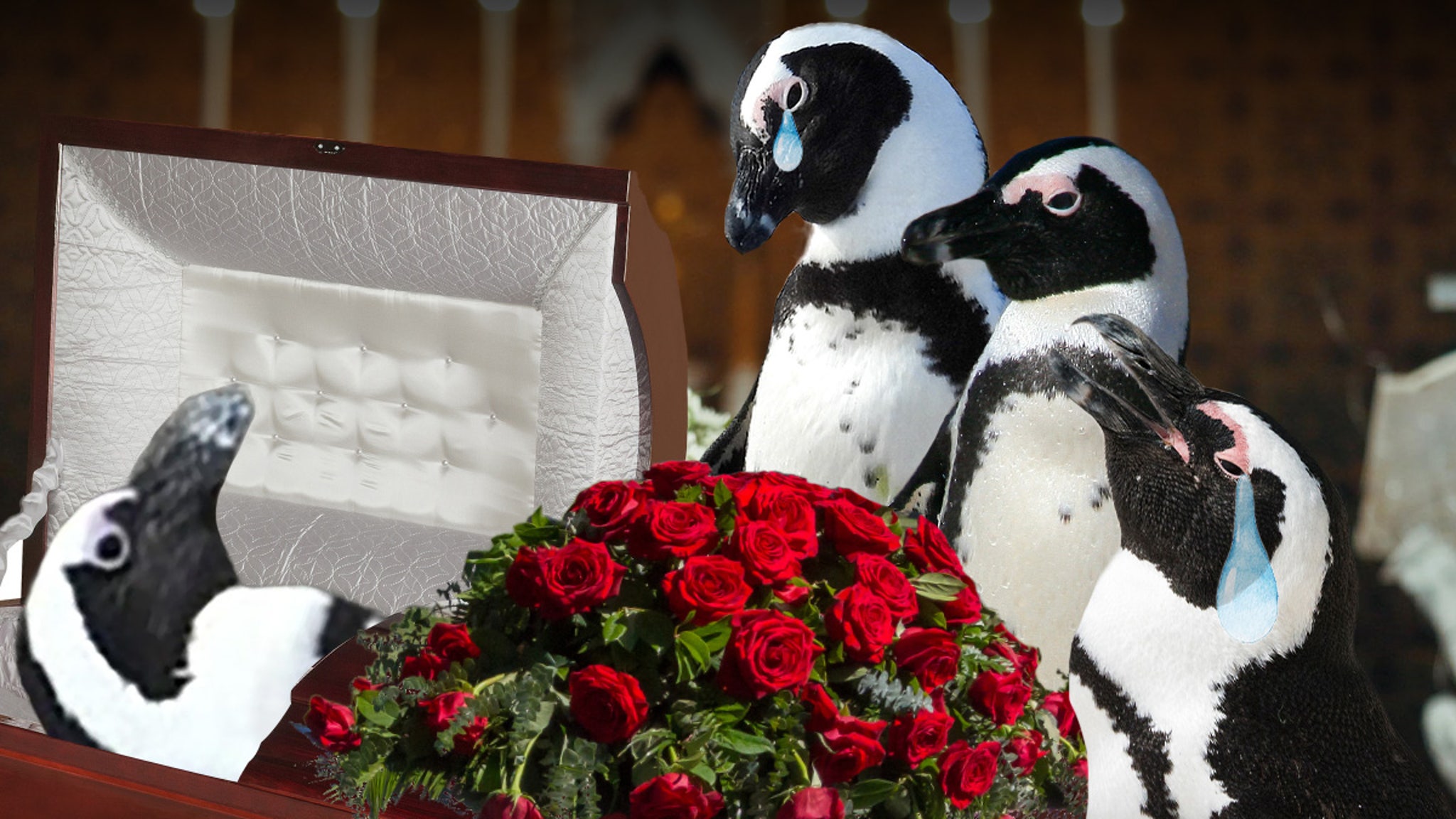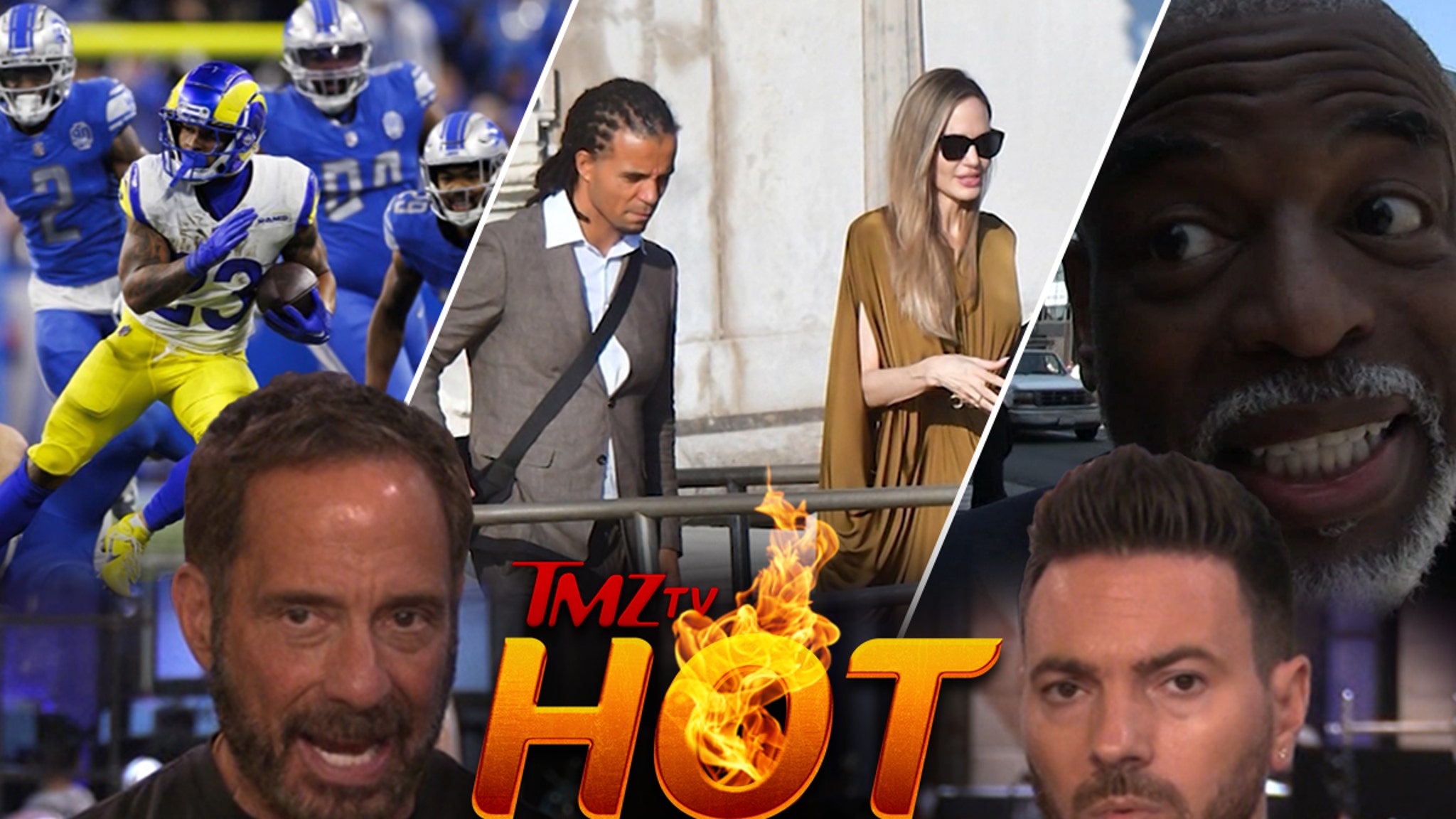Culture
A Timeline of 21st Century Books


While the selections for our 100 Best Books of the 21st Century list were wowing critics and winning awards, other books were making news in different ways. A look back at some of the most memorable moments of the century — so far.
2000
PHILIP ROTH, SAUL BELLOW AND JOHN UPDIKE — “America’s leading literary icons,” as The Times dubs them — all publish books in 2000, “yet notwithstanding generally strong reviews and tremendous coverage of the daring literary conceits of the works,” sales are dismal. Is it because of the shrinking number of independent bookstores or the generation gap between most book buyers and the three authors? Does it have anything to do with the success of the Harry Potter novels? Roger Straus, the president of Farrar, Straus & Giroux, has another theory. He tells The Times, “They’re all getting old, and critics and the public look for something really delicious, groundbreaking. By the 34th novel, the fourth sequel, they say, ‘So what.’”
2001
Reviewing JONATHAN FRANZEN’s novel “The Corrections” in the Book Review, David Gates calls it “a conventional realist saga … with just enough novel-of-paranoia touches so Oprah won’t assign it and ruin Franzen’s street cred.” However, Oprah Winfrey does pick it for her famous book club, though when Franzen skewers her taste (“She’s picked some good books, but she’s picked enough schmaltzy, one-dimensional ones that I cringe”) she promptly rescinds the invitation.
2002
Three years after being gravely injured in an accident, STEPHEN KING announces that he plans to quit writing. (He has since published at least 30 more books.)
•
Debut novels, which generally don’t sell well, fly off the shelves in 2002. According to Publishers Weekly, 15 debut novels sell more than 100,000 copies, and two are genuine breakout hits: “The Lovely Bones,” by ALICE SEBOLD, and “The Nanny Diaries,” by EMMA McLAUGHLIN and NICOLA KRAUS.
Sex sells: TONI BENTLEY’s book about learning to love anal sex, “The Surrender”; JENNA JAMESON’s memoir, “How to Make Love Like a Porn Star”; and MELISSA P.’s fictionalized memoir, “100 Strokes of the Brush Before Bed,” to name just three of the year’s provocative hits.
•
Of the five fiction finalists for the National Book Awards, one has sold 2,500 copies; three have sold between 700 and 900 copies; and one has sold just 150 copies, according to Nielsen BookScan. “We are completely closing ourselves off from the culture at large,” Larry Kirshbaum, the chairman of the Time Warner Book Group, rails to The Times. “We are supporting our demise.”
2005
HarperCollins fires JUDITH REGAN, the head of its ReganBooks imprint, after her controversial acquisition of O.J. SIMPSON’s book, “If I Did It.”
•
When the author JAMES FREY admits that he made up parts of his best-selling memoir “A Million Little Pieces,” OPRAH — who had chosen it for her book club several months before — summons Frey back to her show and lets him have it. “I feel duped,” she told him. “But more importantly, I feel that you betrayed millions of readers.” The Times describes it as “a stunning bit of drama that had people throughout the publishing industry glued to their television sets.”
2007
GORE VIDAL, when asked how he felt about the death of his longtime rival WILLIAM F. BUCKLEY JR., tells The Times, “I thought hell is bound to be a livelier place, as he joins forever those whom he served in life, applauding their prejudices and fanning their hatred.”
CORMAC McCARTHY’s battered blue manual typewriter, a Lettera 32 Olivetti, sells for $254,500 in a Christie’s auction to benefit the Santa Fe Institute, a science nonprofit.
•
PRESIDENT BARACK OBAMA releases his first summer reading list before leaving for his annual Martha’s Vineyard vacation: “The Way Home,” by GEORGE PELECANOS; “Hot, Flat and Crowded,” by THOMAS FRIEDMAN; “Lush Life,” by RICHARD PRICE; “Plainsong,” by KENT HARUF; and “John Adams,” by DAVID McCULLOUGH.
2010
Six years after his death, STIEG LARSSON, the author of the Millennium trilogy, becomes the first author to sell a million ebooks on Amazon.
•
MARK TWAIN’s autobiography is released 100 years after his death, just as he had requested. “When a man is writing a book dealing with the privacies of his life — a book which is to be read while still alive — he shrinks from speaking his whole frank mind,” he wrote.
2011
TINA FEY publishes “Bossypants,” kicking off the celebrity essay collection trend. MINDY KALING, AMY SCHUMER, ELLIE KEMPER, SETH ROGEN, SAMANTHA IRBY, EMILY RATAJKOWSKI, JENNY SLATE, SARAH POLLEY and more follow.
•
HBO begins airing its adaptation of GEORGE R.R. MARTIN’s “Game of Thrones” series of books. Martin tells The Times he started the novel because he was tired of writing TV pilots that got killed for budgetary reasons: “I’m going to do something that is just as big as I want to do. I can have all the special effects I want. I can have a cast of characters that numbers in the hundreds. I can have giant battle scenes.”
•
Borders, which had been in the book-selling business for 40 years, declares bankruptcy and closes its stores.
2012
The publication of GILLIAN FLYNN’s dark thriller “Gone Girl” sets off two of the biggest publishing trends of the decade: the unreliable female narrator and the use of the word “girl” in book titles.
•
The merger of Penguin and Random House, two of the world’s largest publishers, puts the new company in charge of 25 percent of all book business in the United States.
2014
LIN-MANUEL MIRANDA’s “Hamilton” opens, turning RON CHERNOW’s 800-page biography of the founding father into a Broadway musical smash hit. Miranda tells Playbill, “I picked up the book thinking maybe I’ll get a funny song out of it — some jokey-rap thing about the Hamilton/Burr duel. But as I read it, I realized Hamilton’s whole life was about the power of words and wouldn’t it be great to hear a hip-hop album about how we created this country?”
•
HarperCollins publishes “Go Set a Watchman,” a sequel to — or, more likely, an early draft of — HARPER LEE’s beloved classic “To Kill a Mockingbird.”
2016
Adult coloring books are all the rage — and not for the first time, either. In 1962, The Times ran a story on the popularity of adult coloring books like “The JFK Coloring Book” and “The Executive Coloring Book” (sample page: “THIS IS MY SUIT. Color it gray or I will lose my job”).
2020
COLSON WHITEHEAD becomes just one of four authors ever to win two Pulitzers when “The Nickel Boys” is awarded the prize.
•
The pandemic is good for the book business: Print sales grow by almost 8 percent over 2019.
•
PRINCE HARRY’s memoir, “Spare” — the fastest-selling nonfiction book of all time — gives Americans a peek into an incredibly dysfunctional family, and a crash course in Britishisms like “todger” and “biro.”
•
Classic novels by the likes of AGATHA CHRISTIE, IAN FLEMING, ROALD DAHL and GEORGETTE HEYER are revised to remove offensive language.
2024
Before he died in 2014, GABRIEL GARCÍA MÁRQUEZ asked that his final novel, “Until August,” be destroyed. His family decides to publish it anyway.
•
Publishers, grappling with the advent of generative A.I., stress that the industry needs to figure out how to harness it, and fast. The publisher of Simon & Schuster, Jonathan Karp, likens it not to the elephant in the room but “the cicada in the world. You know, lots of buzzing and lots of screwing. It’s clear rights are being infringed, and our books, our authors, are the building blocks.”






















